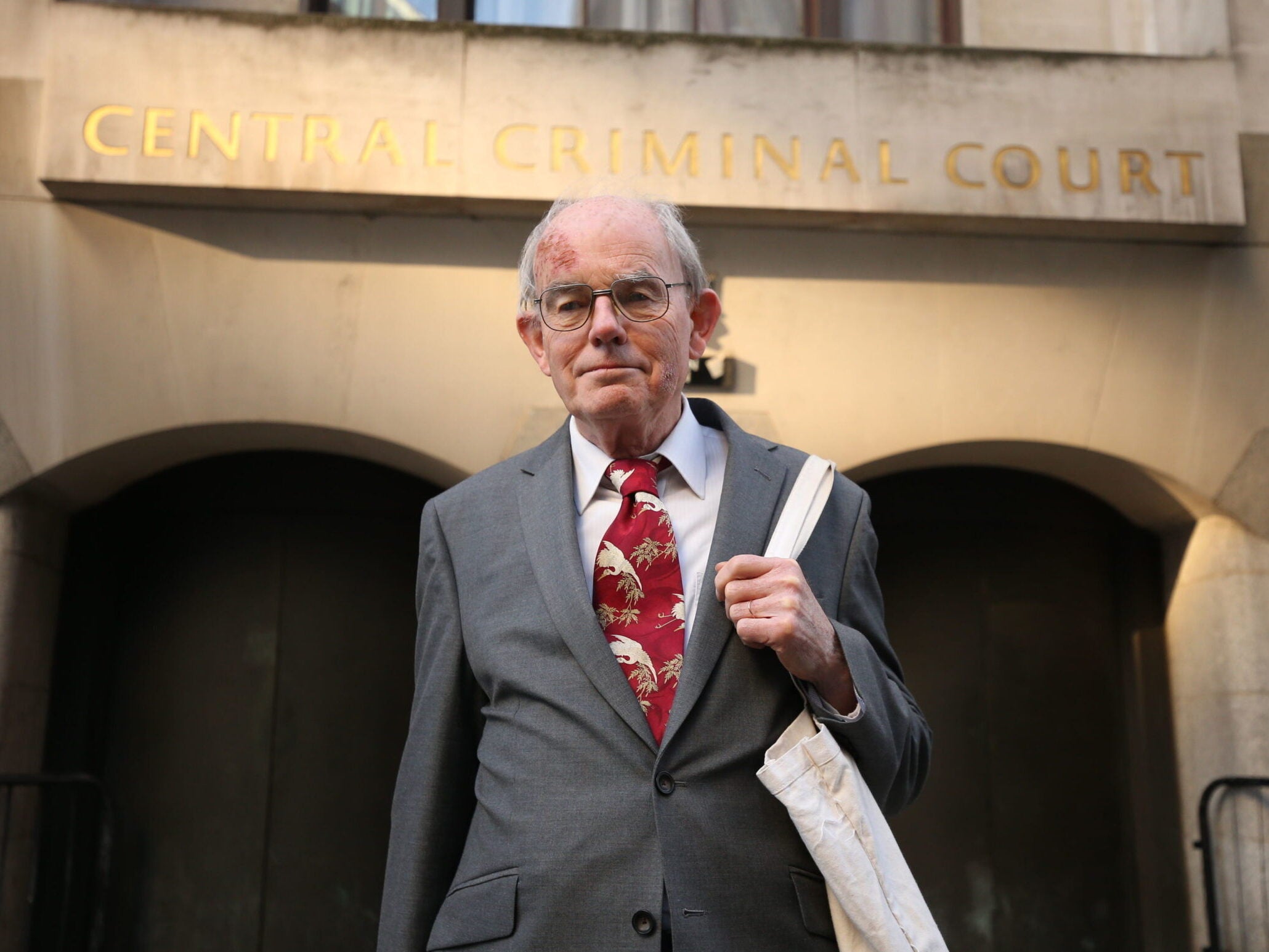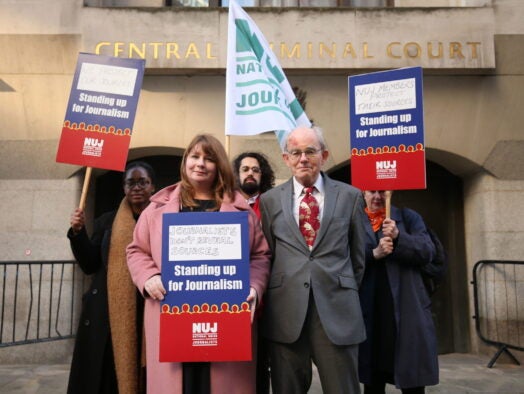
A man involved in the 1974 Birmingham pub bombings made a “full confession” to the murders in an interview with a journalist, the Old Bailey has heard.
Chris Mullin, 74, who investigated the atrocity, is fighting a police bid to force him to reveal his sources.
Mullin, also a former MP and minister, is challenging an application by West Midlands Police to require him to disclose source material dating back to his investigation in 1985 and 1986.
In his book Error Of Judgement, and a series of documentaries, Mullin helped expose one of the worst miscarriages of justice, leading to the release of the Birmingham Six after their convictions were quashed in 1991.
West Midlands Police are now using the Terrorism Act to bring the production order application, with a hearing held at the Old Bailey on Friday.
Mullin told the court it was a journalist’s “fundamental ethical obligation” to protect the identities of their sources.
Mullin said that if the application were to succeed it would “set a precedent which could be used to undermine the freedom of journalists to investigate alleged miscarriages of justice and other matters in cases involving terrorism”.
In his witness statement, Mullin said he was never under the illusion that he could bring the perpetrators to justice.
“My intention was to rescue the six men who I believed to be innocent and who had by this time been in prison for 12 years and who had no prospect of release.
“It was also obvious from the outset that none of those involved in the bombings would talk to me if they thought I was merely collecting evidence on behalf of the police – although it must be said that, at the time, the West Midlands Police were entirely uninterested in pursuing any such line of enquiry,” he said.
Mullin said that to eliminate any concerns it was necessary to assure everyone he would not do anything which might identify confidential sources.
In his statement, he wrote: “Such assurances had to be given not merely to the guilty, but also to innocent intermediaries.
“Though in fact there is nothing unusual about this. It is standard practice for investigative journalists.
“Indeed, a fundamental ethical obligation of journalists is to protect the identities of confidential sources.
“This is emphasised in the NUJ Code of Conduct to which I have always and will always adhere.”
Mullin said protecting sources is “a fundamental principle of investigative journalism”, adding: “It goes to the heart of press freedom in a democracy.”
He said he does not believe that it was ever intended that the Terrorism Act 2000 should be used in the way it is being used in this application, adding: “I am also confident that, even were I obliged to and did disclose the material being sought, it would not lead to the conviction of the perpetrator.”
James Lewis QC, representing West Midlands Police, told the Old Bailey on Friday that Mullin refuses to identify the bomb planter, referred to in court as AB, “because he says he promised AB he would not reveal his identity”.
The barrister said redactions and omissions in material handed to police were to protect the identity of AB.
“It’s quite clear that the whole purpose of the redactions was to prevent the identity of AB,” he said.
Lewis told the court that Mullin conducted a four-hour interview with AB and made contemporaneous notes.
The barrister described the confession from AB as voluntary, accurate and reliable, adding: “In short it is a full confession to the murders.”
He pointed out that this was not a third party disclosing information in the public interest.
“This is the murderer himself confessing,” he said.
Talking about redactions, Lewis said: “It’s not simply redactions, but pages have been omitted to protect AB’s identity.”
Lewis said the confession is a “paradigm example of something that is likely to be of substantial value to the investigation”.
He said the benefit of the confession is “enormous” and said it would outweigh that AB had extracted “a promise of anonymity”.
Lewis told the court: “The balance in this particular case falls on the side of disclosing the evidence which would make this an admissible confession.”
He said that the “thorough and effective” investigation of terrorism is “plainly in the public interest”.
Mullin, who is being supported by the National Union of Journalists, will argue that disclosure would be a fundamental breach of the principle that journalists are entitled to protect their sources.
He said: “If West Midlands Police had carried out a proper investigation after the bombings, instead of framing the first half-dozen people unlucky enough to fall into their hands, they might have caught the real perpetrators in the first place.
“It is beyond irony. They appear to have gone for the guy who blew the whistle.”

Chris Mullin with the General Secretary of the National Union of Journalists, Michelle Stanistreet outside the Old Bailey in London on Friday February 25, 2022. Picture: PA Wire/James Manning
Michelle Stanistreet, NUJ general secretary, said: “The principle of protecting your source and keeping your word when confidentiality is pledged is a vital one for all journalists and lies at the heart of the NUJ’s Code of Conduct.
“The case brought by West Midlands Police risks compromising that core principle and undermining press freedom which is why the NUJ stands four-square behind Chris and is backing this case.”
Twenty-one people were killed in the bomb attack on two pubs in Birmingham on 21 November 1974.
The Recorder of London Judge Mark Lucraft will consider the application after hearing submissions.
The hearing continues.
Picture: PA Wire/James Manning
Email pged@pressgazette.co.uk to point out mistakes, provide story tips or send in a letter for publication on our "Letters Page" blog
